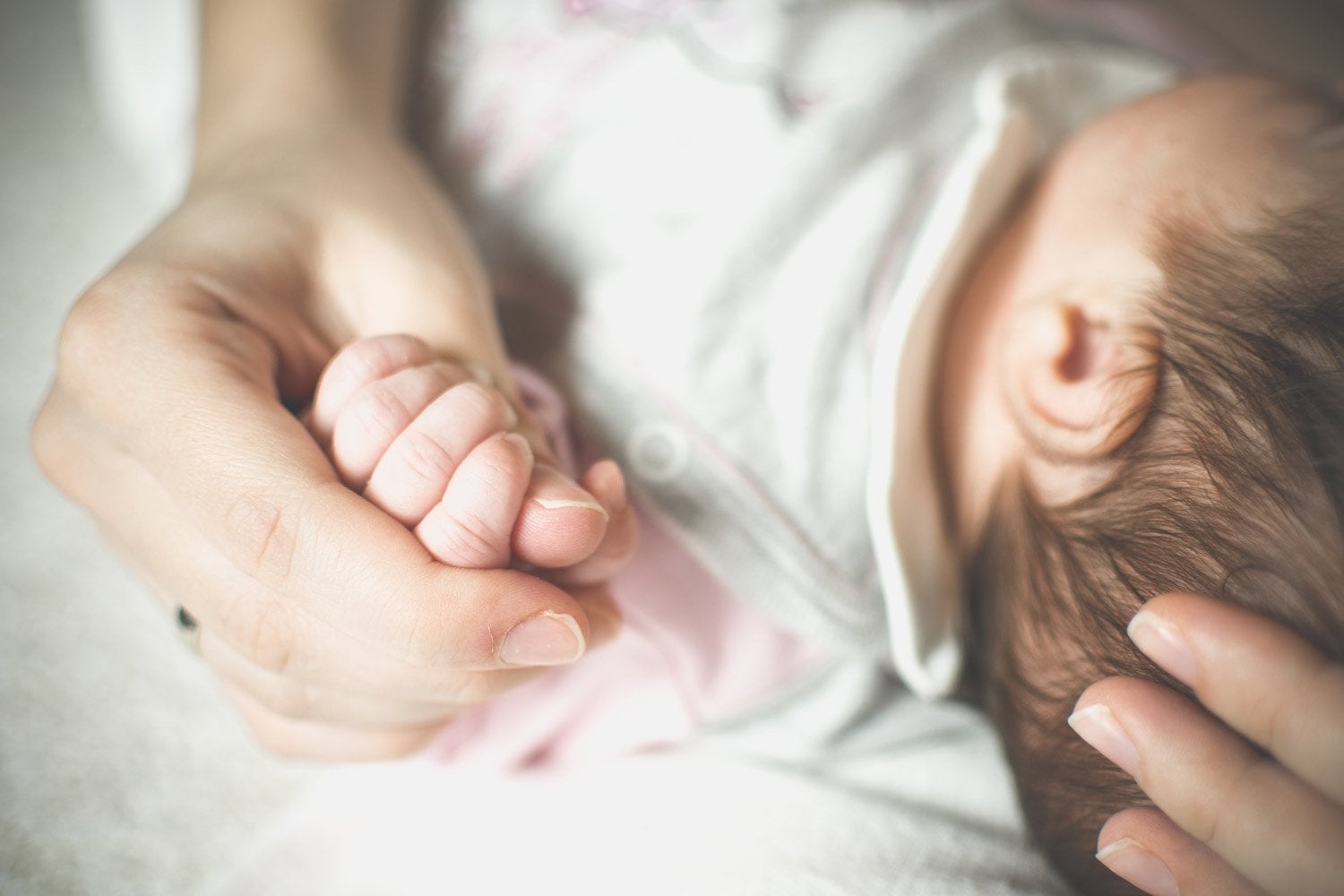AIDSfree: Women with HIV ‘can have a baby just like anyone else’
‘We are now getting people who are having their third, fourth and in one case, their fifth baby after being diagnosed HIV positive’

Your support helps us to tell the story
From reproductive rights to climate change to Big Tech, The Independent is on the ground when the story is developing. Whether it's investigating the financials of Elon Musk's pro-Trump PAC or producing our latest documentary, 'The A Word', which shines a light on the American women fighting for reproductive rights, we know how important it is to parse out the facts from the messaging.
At such a critical moment in US history, we need reporters on the ground. Your donation allows us to keep sending journalists to speak to both sides of the story.
The Independent is trusted by Americans across the entire political spectrum. And unlike many other quality news outlets, we choose not to lock Americans out of our reporting and analysis with paywalls. We believe quality journalism should be available to everyone, paid for by those who can afford it.
Your support makes all the difference.A woman with HIV can have a natural birth “just like anyone else” without the fear of passing the infection on to her baby, a doctor has said.
Even those who are diagnosed during pregnancy can, with treatment, reduce their levels of the virus to such a degree that it becomes undetectable in their blood and cannot be transmitted.
Sherie Roedling, who runs the antenatal service for HIV positive women at Bloomsbury Clinic for sexual health in partnership with the antenatal team at University College London Hospital, said she is seeing women with the virus have multiple children because the transmission risk is so low.
Ms Roedling, a sexual health and HIV doctor, said: “We are now getting people who are having their third, fourth and in one case, their fifth baby after being diagnosed HIV positive.
“If people are on treatment already, we review what they are on, make sure it’s safe for the baby and they then get referred to a specialist midwife.”
Pregnant women are given an HIV test in their first trimester unless they opt out. If they are found to be HIV positive they are put on treatment to reduce the level of virus in their blood.
Ms Roedling said: “Those who find out in pregnancy that they are HIV positive, the goal then is to get an undetectable viral load by the time the baby is born. Even if someone has a viral load that is detectable when they come to us, we can get them to have an undetectable viral load so that the baby is not born with HIV.”
She added: “The undetectable viral load is the most important thing in stopping a baby from getting HIV.”
The Independent’s AIDSfree campaign in conjunction with the Elton John AIDS Foundation aims to tackle the stigma around HIV and Aids, and highlight the fact that those with the virus can lead normal lives.
Donations will help increase HIV testing and access to medicine among women to prevent the spread of HIV.
There were 3,889 pregnancies among HIV positive women from 2015 to 2018, according to figures released by the National Study of HIV in Pregnancy and Childhood. The risk of passing the virus on to a baby was calculated at 0.28 per cent.
Ms Roedling said pregnant women with HIV are overseen by a team including a paediatrician, obstetrician, HIV nurse, health adviser and someone providing psychosocial support.
The antenatal service for HIV positive women at UCLH sees about 25 women a year.
Ms Roedling said the team head from the Bloomsbury Clinic to the hospital’s antenatal unit where they provide a “one-stop shop” for pregnant HIV positive women so they can have their HIV-related check-up and antenatal checks all at the same time.
Once the baby is born it has four blood tests: one immediately after birth, another at six weeks, a third at three months, and the last at 18 months.
The child is also put on a short course of HIV treatment after birth as a precaution.
Ms Roedling said: “The delivery of the baby is the time of the highest risk of transmission from mother to baby, so the six-week blood test is very important as it tells us whether something has happened during delivery. Then the extra reassurance is at three months, that’s the key one.”
The team try to make sure that patients “have the most natural experience possible”, she added.
“When a baby is born most women can have a normal birth, in fact we now recommend that people aim for a normal birth. When a woman first gets diagnosed with HIV she may worry she cannot have a child, but with the right treatment she can safely have HIV negative children.”
Join our commenting forum
Join thought-provoking conversations, follow other Independent readers and see their replies
Comments